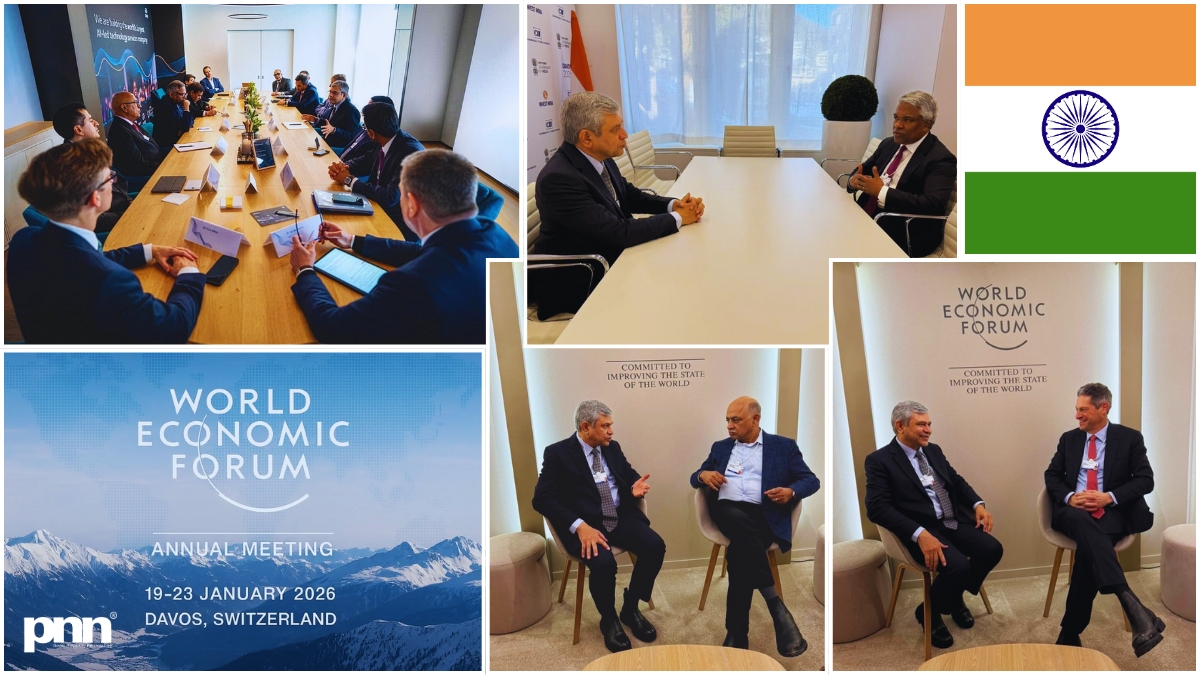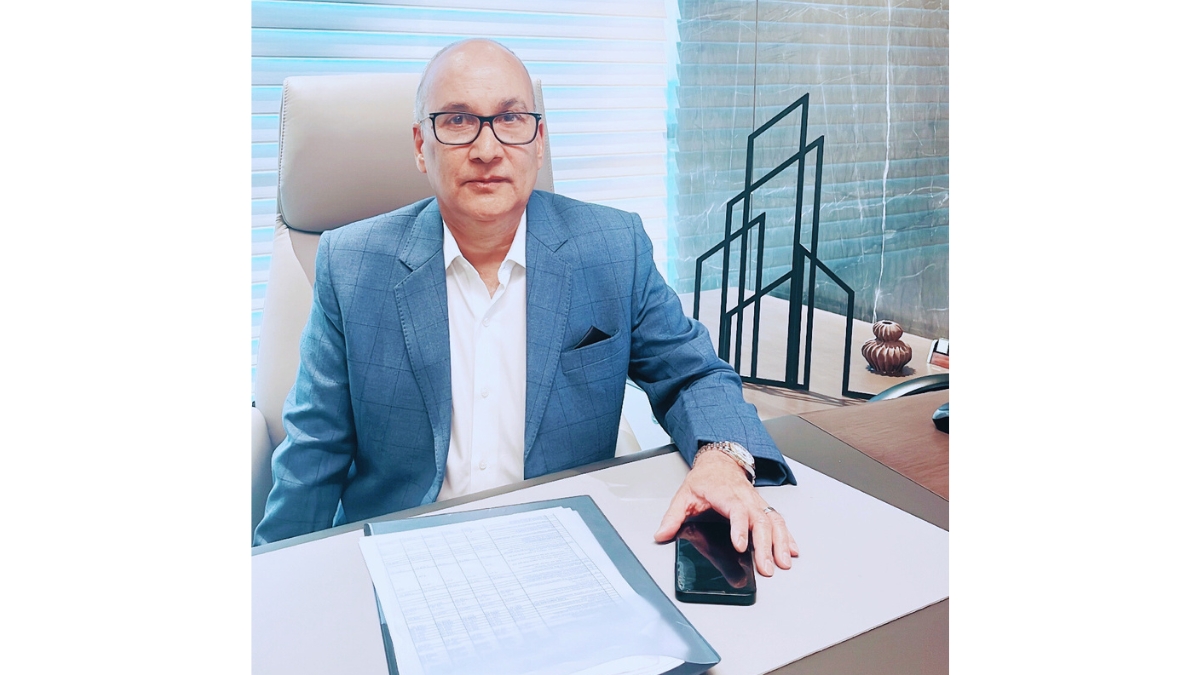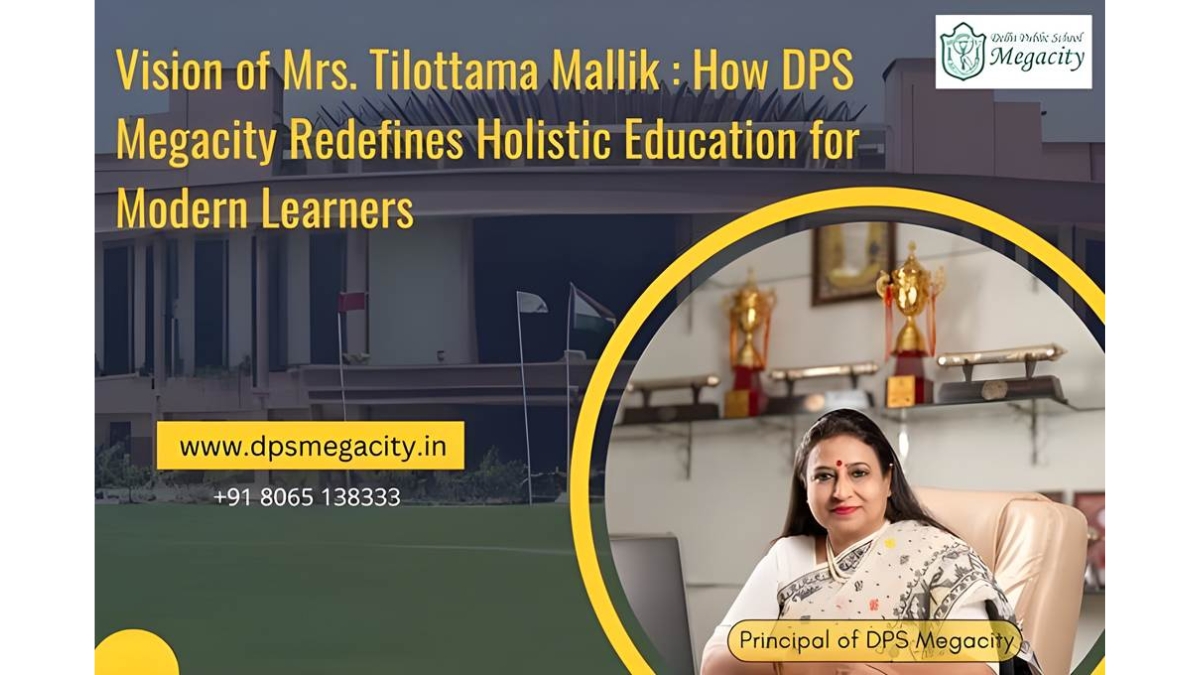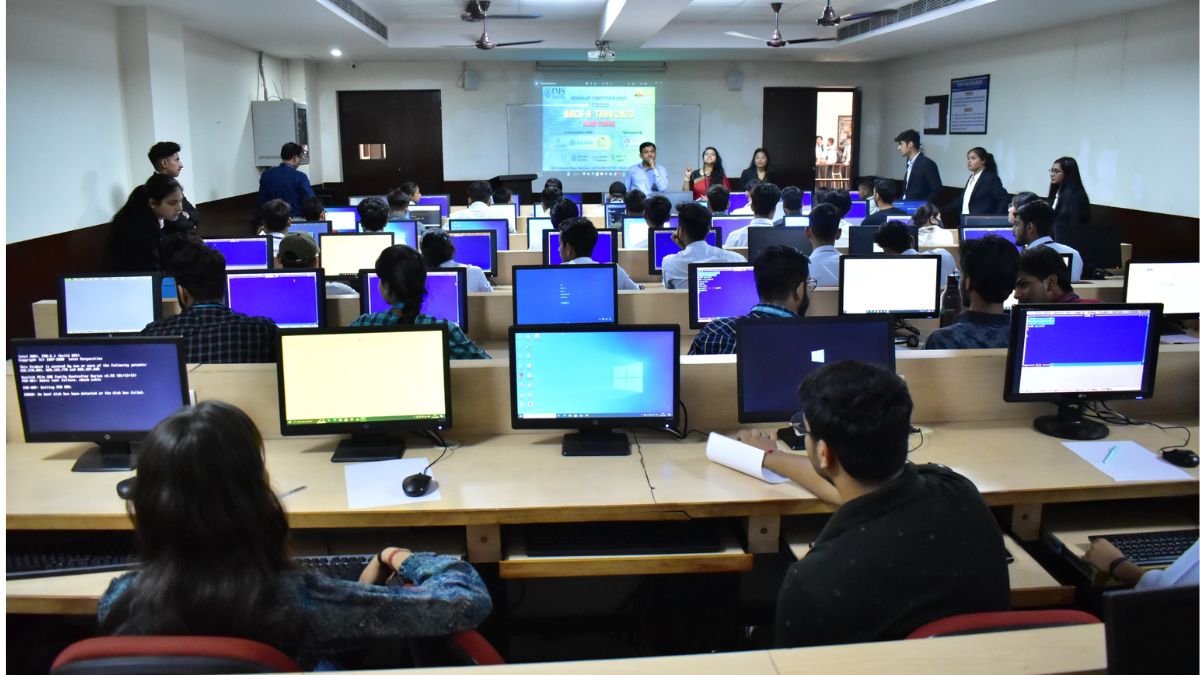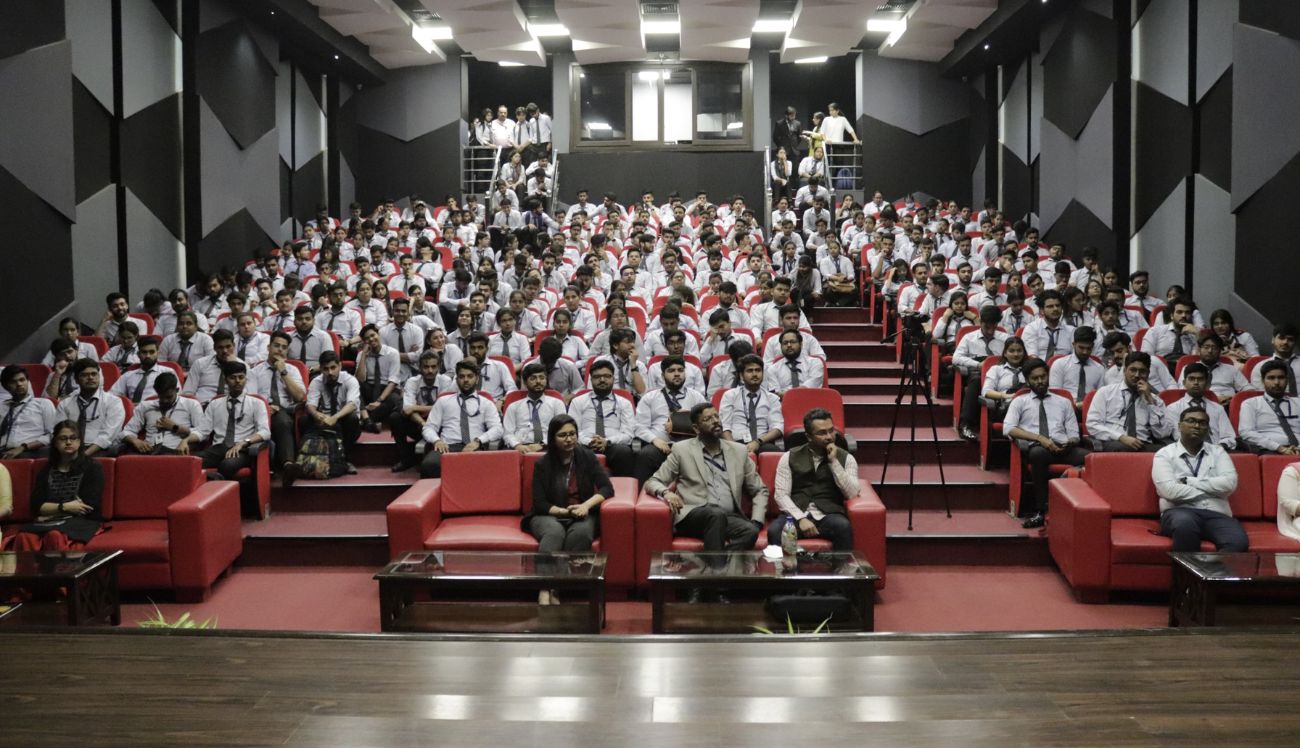Vineet Gupta Ashoka University Founder highlights – Preparing for Non-Traditional Careers

New Delhi (India), September 29: The traditional career path continues to be the primary choice for most parents and students, however, today students are also seeking non-traditional career options. The non-traditional career options allow students to explore their passions to create meaningful change in various fields. Liberal arts graduates, in particular, are exceptionally well-equipped to embark on unconventional career journeys in areas such as the arts, social entrepreneurship, environmental sustainability, and more. Vineet Gupta Ashoka University Founder says “Liberal arts graduates are like Swiss Army knives in the job market. They come equipped with a diverse set of skills that make them adaptable to any career path they choose.”
The Power of a Liberal Arts Education
Liberal arts education goes beyond the confines of specialised fields, fostering intellectual agility, critical thinking, and the ability to connect disparate ideas. These skills are essential for those venturing into non-traditional career paths. Graduates of liberal arts programmes develop unique skills that enable them to adapt to rapidly changing industries and navigate the complexities of the modern workforce.
Ashoka University in India has nurtured the next generation of leaders, entrepreneurs, and change-makers. Jairaj Bhattacharya, an Ashoka alumnus and a leading entrepreneur, has recently made headlines by becoming one of the institution’s founders. This groundbreaking move showcases the university’s commitment to fostering innovation and underscores the significance of alumni engagement in shaping the institution’s future. Pramath Raj Sinha, the Founder and Chairperson of the Board of Trustees at Ashoka University, emphasised this achievement, stating, “This is a significant milestone in Ashoka’s journey to be one of the top universities in the world. Globally, top-rated universities are ultimately governed and funded by their alums.” Bhattacharya’s journey from student to entrepreneur and now a founder highlights the transformative power of a liberal arts education.
Diverse Career Paths for Liberal Arts Graduates
Liberal arts graduates are well-suited to pursue a wide range of career paths. Liberal arts graduates often excel in the creative arts. Whether writing, music, painting, or filmmaking, their ability to think critically and communicate effectively is vital to artistic endeavours. Another hallmark of liberal arts education is the drive to create positive social change, i.e., to identify societal challenges and develop innovative solutions. They can start non-profits and social enterprises or work with existing organisations to address pressing issues like poverty, education, and healthcare. Gupta highlights, “Liberal arts education is like a compass for life, offering students a broad-based foundation that equips them to become informed citizens, successful corporate leaders, dedicated academics in specialised disciplines, champions of nonprofit causes, and pillars of the public sector.”
Liberal arts graduates can be pivotal in advocating for and implementing sustainable practices. Their interdisciplinary education allows them to bridge the gap between science, policy, and public awareness, driving meaningful change in environmental sustainability. Contrary to popular belief, liberal arts graduates are not confined to the humanities. They can also excel in technology and innovation by bringing a unique perspective to the industry. Their ability to think critically and creatively can lead to breakthroughs in fields like artificial intelligence, data science, and user experience design.
“The National Education Policy recommends the integration of liberal arts, as it prepares one for the first job and the entire career. With the Fourth Industrial Revolution and the rapidly changing employment landscape, liberal arts education is more important and useful for one’s employment than ever before,” emphasised Rita Teaotia, retired IAS officer and former chairperson of the Food Safety and Standards Authority of India (FSSAI) in her address at IIT Gandhinagar, while underscoring the importance of combining engineering and liberal arts.
Liberal arts graduates, armed with their unique skill set and interdisciplinary knowledge, are well-prepared to pursue careers across diverse fields. As Vineet Gupta of Ashoka University aptly says, “Liberal arts graduates are the architects of change, shaping the future in ways we can only imagine. The future belongs to those who can connect the dots. Such graduates excel at making interdisciplinary connections, vital in our complex, interconnected world.”
If you have any objection to this press release content, kindly contact pr.error.rectification[at]gmail.com to notify us. We will respond and rectify the situation in the next 24 hours.

